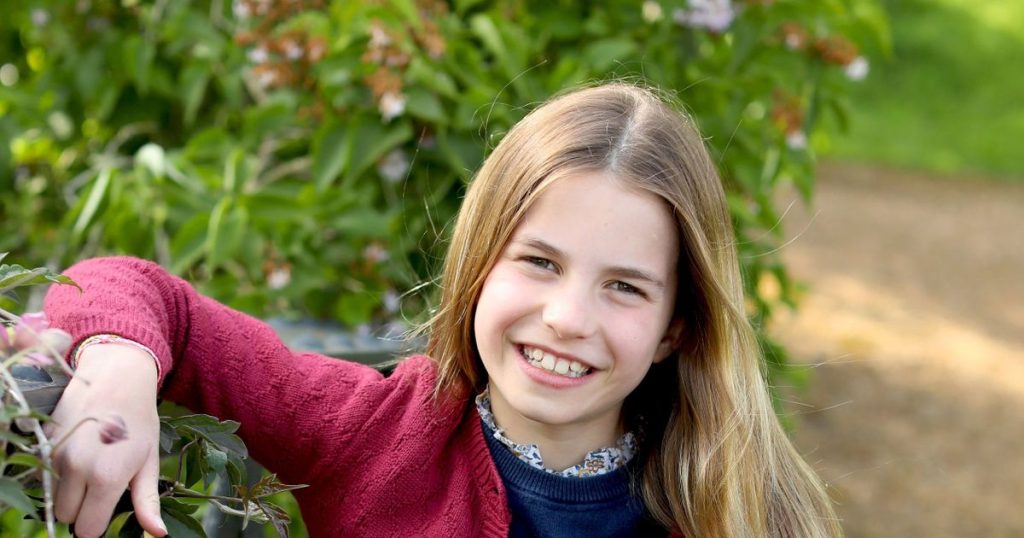Royal experts have explained how Princess Charlotte’s royal title will face a “dramatic” change once her father Prince William becomes king. Charlotte’s future “will only change dramatically when her father succeeds his grandfather as King,” broadcaster OSSA explained. When Prince William becomes the King of England, Charlotte may lose her titles because of the way they are handed down. Her status as a “Royal lady” means that she may no longer be referred to as a princess once her father ascends to the throne. Charlotte’s future title will be determined by the royal hierarchy, which means that her brother George will likely take precedence over her in terms of certain royal titles and designations.
When Prince William becomes the King, his eldest son George will likely become the Prince of Wales, making Charlotte potentially “Charlotte of nothing” in terms of a royal title. As a royal lady, Charlotte’s status as a princess may be at risk under this change in hierarchy. In later life, Charlotte may have the opportunity to adopt the title of Princess Royal, a special designation held by the eldest daughter of the reigning monarch. However, this title is not guaranteed and depends on various factors within the royal family. Princess Anne is currently the Princess Royal, but this title is not fixed and may be passed on to Charlotte in the future, depending on the circumstances.
Princess Charlotte has already shown interest in activities typically associated with royal members, such as dance. Her mother, Kate Middleton, revealed that Charlotte loves ballet and tap dancing during a visit to a Yorkshire textile Mill. Charlotte’s love for dance has been encouraged by various family members, including Queen Camilla, who is a patron of the Royal Academy of Dance. The younger royals, including Charlotte, have inherited this interest in dance from Queen Camilla, further showcasing their connection to royal traditions and interests. Charlotte’s upbringing and exposure to royal activities indicate her potential future involvement in royal duties and traditions.
Despite the potential changes in Charlotte’s royal title and status, she continues to participate in royal events and traditions. Her interest in dance activities aligns with other royal family members, indicating her awareness and participation in royal customs. Charlotte’s future role within the royal family may be influenced by her upbringing and education in royal traditions, ensuring that she continues to represent the monarchy in a dignified and traditional manner. As Charlotte grows older and her father ascends to the throne, she may have the opportunity to assume a more prominent role within the royal family, reflecting her status as a member of the British monarchy.
Overall, the future of Princess Charlotte’s royal title and status will be dictated by the traditional hierarchy within the British monarchy. As her father, Prince William, ascends to the throne, Charlotte may face changes in her titles and designations, reflecting the established order of succession. However, Charlotte’s participation in royal activities and interest in traditional customs indicate her potential future involvement in royal duties. Despite the potential changes in her royal title, Charlotte’s upbringing within the royal family ensures that she will continue to represent the monarchy with grace and dignity. As she matures and assumes a more prominent role within the royal family, Charlotte’s status as a royal lady will be further solidified, highlighting her connection to centuries-old traditions and customs within the British monarchy.


